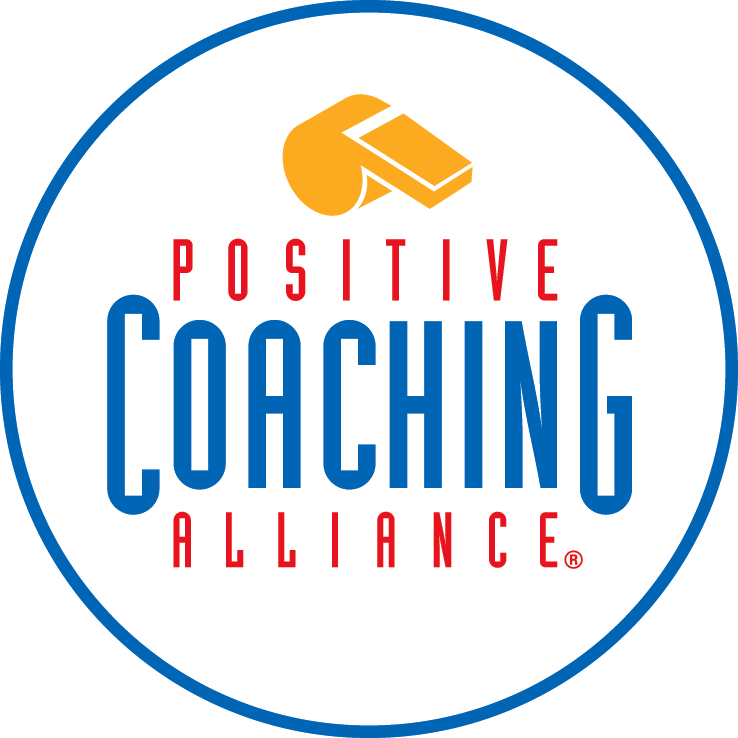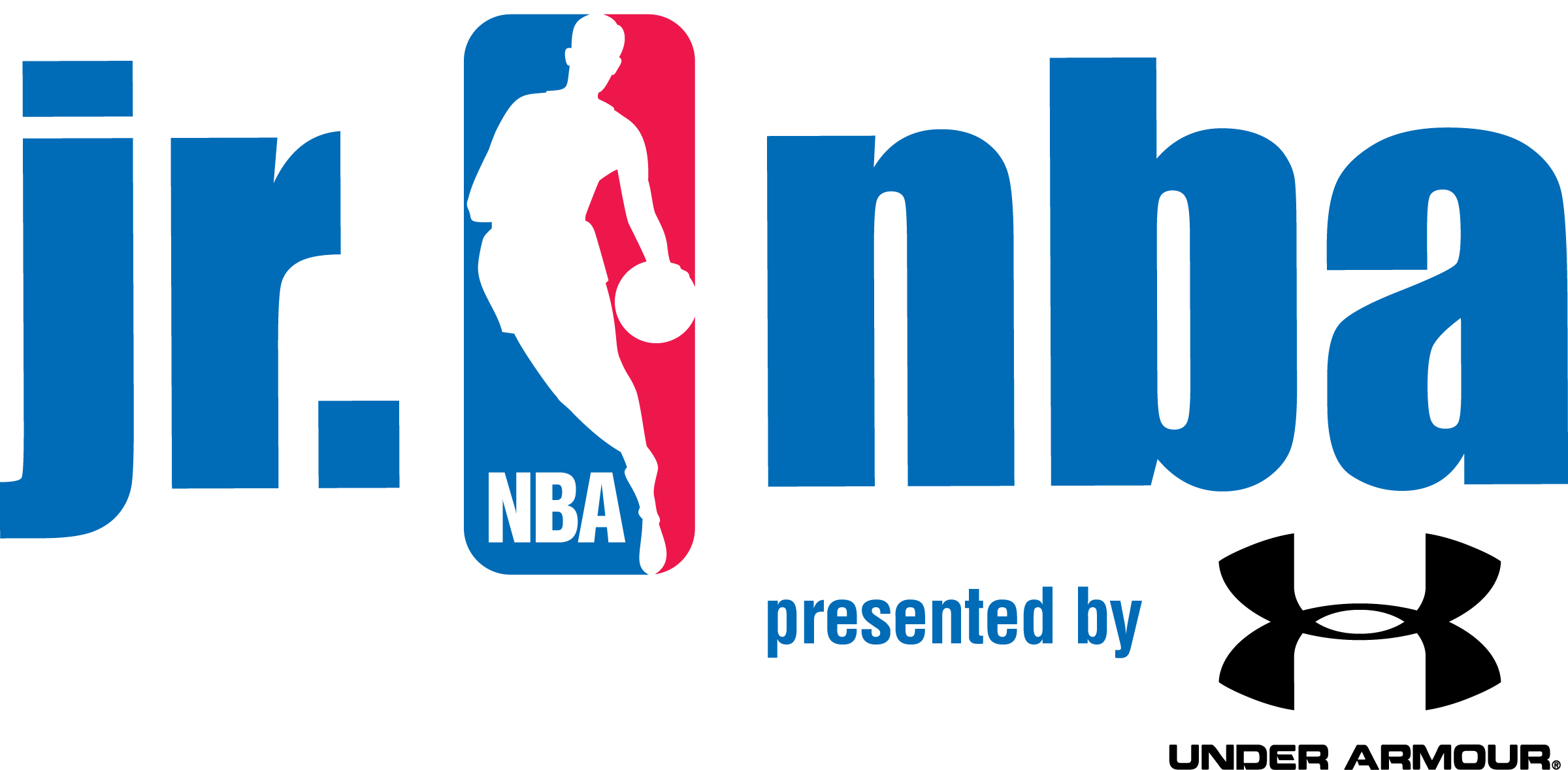
Basketball on the Edge – An Open Letter to the Out of Control Sports Parent Sitting Next to Me in the Stands by @CTGProjectHQ John O’Sullivan
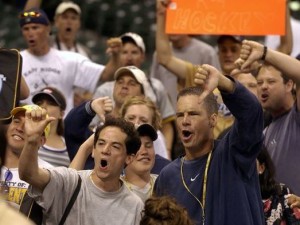
The open letter in this article was written by Karen, a mom and a Changing the Game Project follower who has grown frustrated and disgruntled with the current state of youth sports, and the fact that she cannot go and watch her kids compete in peace. She asked us to publish it and to remain anonymous. We thought it was pretty good advice, so we decided to share. Thanks, Karen, and thanks to all those parents out there who realize that the game is supposed to be for the kids. – John O’Sullivan
Dear Out of Control Sports Parent,
You.
Yeah, you.
The one shouting “Get the rebound!!!” to your kid. The one with the heart palpitating so loudly that you cannot contain yourself. The one yelling and complaining about the coach. The one hollering at the 13-year-old referee. The one angry at my kid for making a mistake. The one hollering at the kids who made a mistake running the scoreboard in a recreational tournament in a meaningless pool play game.
Yeah, you, the one whose spouse won’t sit next to you during the game…
Click here to read the rest of the letter!
Click here to register for one of our upcoming programs!
Sign up now to get a “Head Start” on your competition with our free basketball tip of the day delivered straight to your inbox. Click below, enter your email and we’ll also send you our E-Book, “Mental Toughness, Improve Your Brain – Improve Your Game”.
Basketball on the Edge – How Much Should I be Cheering for My Young Player During Games? – Vintage Edition
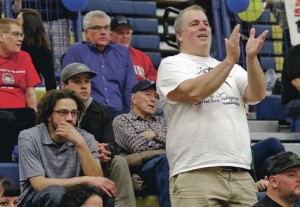
We’ve all heard parents yelling and cheering for their kids at games. “C’mon William, bend your knees. Put this free throw in.” William glances out of the corner of his eye toward Dad in the bleachers. What happens next? Maybe William has shot hundreds of free throws this past off-season and he steps up to the line and drills home the free throw. Or maybe he hasn’t put in the time and that leads to him feeling pressure and missing as a result. Maybe William can tune out his Dad. Maybe his Dad’s yelling annoys William or makes him mad or maybe he loves it. Who knows? I have already written about why you shouldn’t coach from the stands, but what about cheering or yelling encouragement? Maybe just something as simple as “Go William!”
What level of cheering helps your young player do their best in a competitive environment? I am going to relate several stories from my own life. The first goes back to my playing days. My parents were at just about every game I ever played all the way through college. I don’t remember one thing they ever said from the stands. I don’t remember hearing them cheer (although I know they did). Whatever was going on in the crowd I was able to tune out and focus on what I needed to do out on the court. Didn’t matter the size of the crowd, home or away, I just wasn’t paying attention. People could have been cheering or coaching from the stands and I probably would have been oblivious.
Secondly, I have learned from watching and coaching my own kids (from the bench not the stands) what their preferences are when it comes to cheering. My daughter does not like to have any attention placed on her. There were times when she was younger that my wife would call her name and cheer very loudly for her during games. My daughter clearly did not like that kind of attention. My wife thought she was encouraging her, but really the cheering was a distraction for my daughter. It made her self-conscious and less likely to play her best. We’ve learned not to cheer for her other than an occasional clap when something goes well for her or her team. Silent observation is what allows my daughter to be at her best.
Conversely, my son enjoys attention and being in the spotlight as a general rule. He is much more likely to be uplifted when someone cheers for him or calls his name. He’s not going to turn red and become less aggressive when he hears someone cheering for him the way my daughter might. He is fine with more cheering and encouragement.
The takeaway from these stories is that you have to know your kid and what they can handle when it comes to cheering for them during games. I’ve learned to sit (or stand) silently while I am watching my kids play. I’ve found that’s what they want and what helps them be at their best. It also helps me to remember that the game is about them and not about me. When I am coaching them, it’s a different story. I probably coach them even harder than I do my other players. But that’s when I’m their coach. When I’m just their Dad I stay quiet. Me being at the game is what makes them feel supported. I felt the same way about my parents attending my games as a player. Them being there was everything I needed.
Watch and observe your child while they are playing. See how they react when you cheer, do they play better, worse, or is your cheering irrelevant? Have a conversation with your young player and ask them directly, “Do you like it when I cheer for you out on the court?” I’m pretty sure they’ll give you an honest answer. My daughter’s answer was “Don’t say anything. It’s embarrassing.” My son’s answer, “Go ahead and cheer, I don’t really care.” Based on their answers and your in-game observations you should be able to determine the proper amount of cheering going forward so both you and your child can be comfortable, hopefully leading to improved performance out on the court. At the very least they’ll be happier with you after a game and that’s always a good thing!
Click here to register for one of our upcoming programs!
Sign up now to get a “Head Start” on your competition with our free basketball tip of the day delivered straight to your inbox. Click below, enter your email and we’ll also send you our E-Book, “Mental Toughness, Improve Your Brain – Improve Your Game”.
Basketball on the Edge – Blow the Whistle Less by Bob Walsh

If you are a coach at any level from kindergarten through the pros you should take 5 minutes to read this article about why you should blow your whistle less during practice. It really got me thinking about how I coach during practice, hopefully it will do the same for you.
Click here to read the article by Bob Walsh
Click here to register for one of our upcoming programs!
Sign up now to get a “Head Start” on your competition with our free basketball tip of the day delivered straight to your inbox. Click below, enter your email and we’ll also send you our E-Book, “Mental Toughness, Improve Your Brain – Improve Your Game”.
Basketball on the Edge – Fully Invested by Bob Walsh

In this article Bob Walsh shares 21 ways that players can demonstrate that they are fully invested. I love this and plan on using it with my kids’ AAU Teams this spring. A great read for players, coaches, and parents.
What does it really mean to be fully invested?
Fully invested players are selfless. They think about the team first…
Click here to read the article by Bob Walsh
Click here to register for one of our upcoming programs!
Sign up now to get a “Head Start” on your competition with our free basketball tip of the day delivered straight to your inbox. Click below, enter your email and we’ll also send you our E-Book, “Mental Toughness, Improve Your Brain – Improve Your Game”.
Basketball on the Edge – My Son Did Not Start Today by Chris Fore
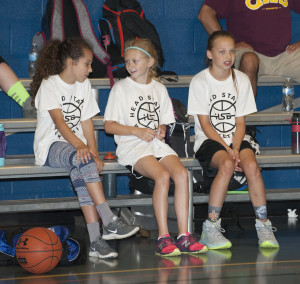
Chris Fore shares a great message to parents in this article. As long as you are fine with what happens, your child will be fine with it. Here are some points Chris makes in the article.
If you’re teaching your kids all along the way that the TEAM > i, then when he doesn’t start, it won’t be a big deal.
If you’re teaching your kid to shake the coach’s hand, and say thank you after every single practice and game, he will have a healthy respect for his coach; it won’t matter when he doesn’t start.
If you teach your kid that every single person has a role to play on a team, starting at a young age, then it won’t be a big deal when he doesn’t start.
If you teach your kid to “just play hard and have fun,” then it won’t be a big deal when he doesn’t start.
If you use teachable moments while watching the NFL to teach your child that you don’t always get what you want, it won’t be a big deal when he doesn’t start.
Click here to read the article by Chris Fore

